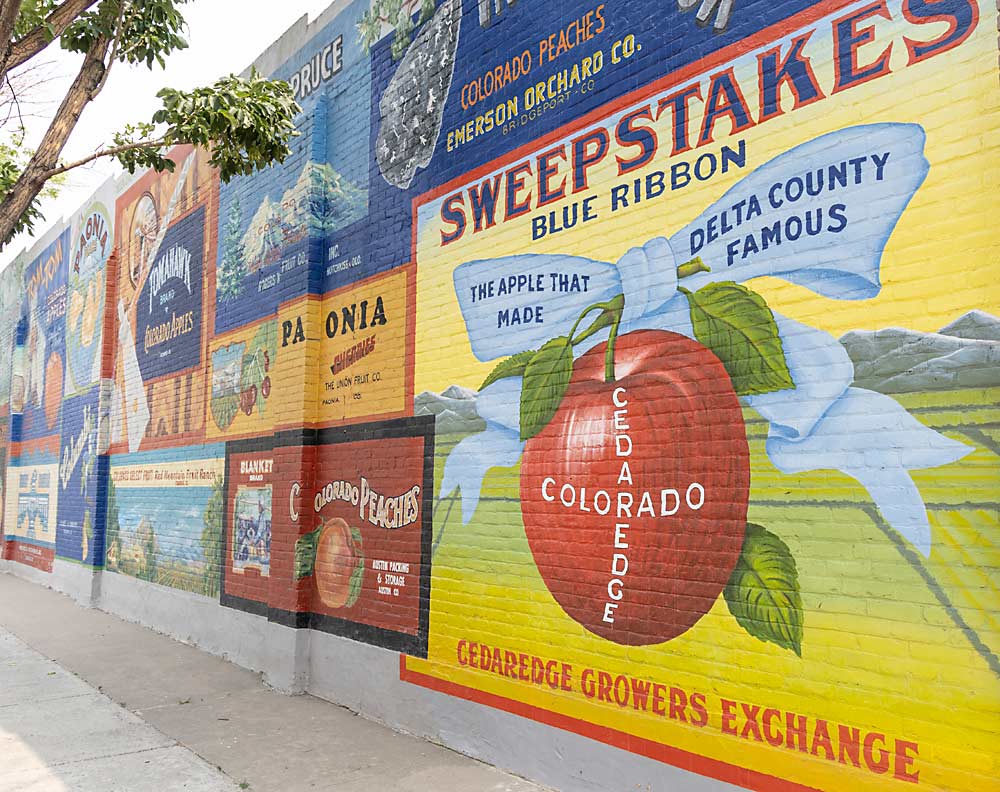
The Williams family has been growing apples in Cedaredge — a high-elevation valley in Western Colorado — for 100 years, but they’ve kept the family business booming with innovation as well as tradition.
Today, three generations operate different aspects of an empire that includes 400 acres of orchards, a packing shed, a winery and vineyards, a cider company, an art gallery and a tasting room in Cedaredge, as well as a Texas outpost with 60 acres of orchards, a market and packing shed.
In recent years, the acreage was split about 45 percent each of apples and peaches, with 10 percent pears, but after losing a lot of peach trees to the 2020 freeze, grower Ty Williams said he’s happily replanting all the ground into apples.
“There’s no place in the Western Hemisphere that grows fruit at this elevation,” he said. Cedaredge sits at 6,200 feet, on the slope of the Grand Mesa that rises to the east of Grand Junction, creating a growing climate that increases fruit sugars. “That’s why we grow premium tree fruit here.”
The high elevation and high ultraviolet light exposure also increase fruit acidity, Williams said, a trait he’s come to prize as the cider-making hobby he and his wife, Kari, started over a decade ago ballooned into her full-time career. Snow Capped Cider, Colorado’s only estate cidery, now produces 50,000 cases a year.
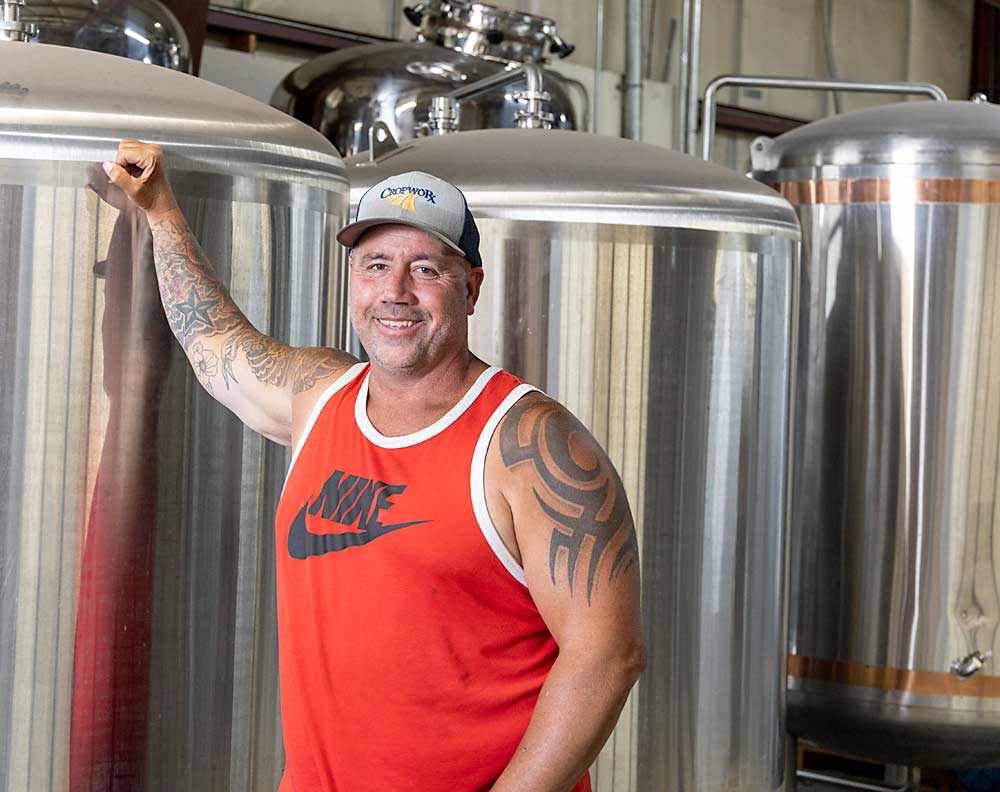
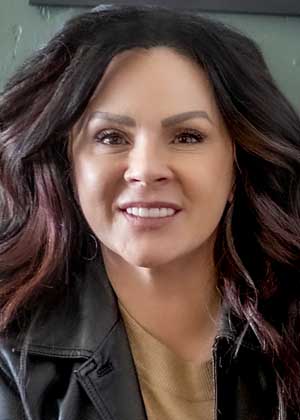
“The flavors I can get up here are insane,” Kari said. “One of the reasons we can make a great Honeycrisp cider, which is clean and crisp, is the quality we are bringing in from the orchard.”
Kari said the family’s fruit quality set her ciders apart early on, even as she was learning, which inspired her to pursue it further.
But as she went deeper into the cider world, she and Ty also decided to try growing heirloom cider apples and eventually purchased orchard ground specifically for the growing cider business, after tucking in small plantings here and there.
Learning to grow cider varieties has been part of the adventure — the Dabinetts and Golden Russets also suffered a lot of freeze damage, Ty said. But at 40 acres of cider apples, and counting, he’s becoming one of the largest cider-specific growers in the country.
“I want to establish that cider apples are to cider what wine grapes are to wine,” Kari said. Last year, she debuted single-varietal reserves of Harrison, Kingston Black, Dabinett and Ashmead’s Kernel. “My goal was to say, ‘This is a Colorado Dabinett. These are the flavors we can get at this elevation.’”
Kari and Ty see their cider venture as a continuation of the innovation they learned from Ty’s father, Dan. He and his wife, Connie, kept close connections with the apple industry innovators through regular trips to Washington, bringing home ideas, and apples, that would modernize the farm. After Dan became interested in wine, they planted grapes and started a winery in 2009.
“One of the reasons why my father-in-law says our family made it is that we innovated when other growers here refused to. When he planted Gala here, everyone thought he was nuts. When he started using hail netting, they thought he was nuts,” Kari said.
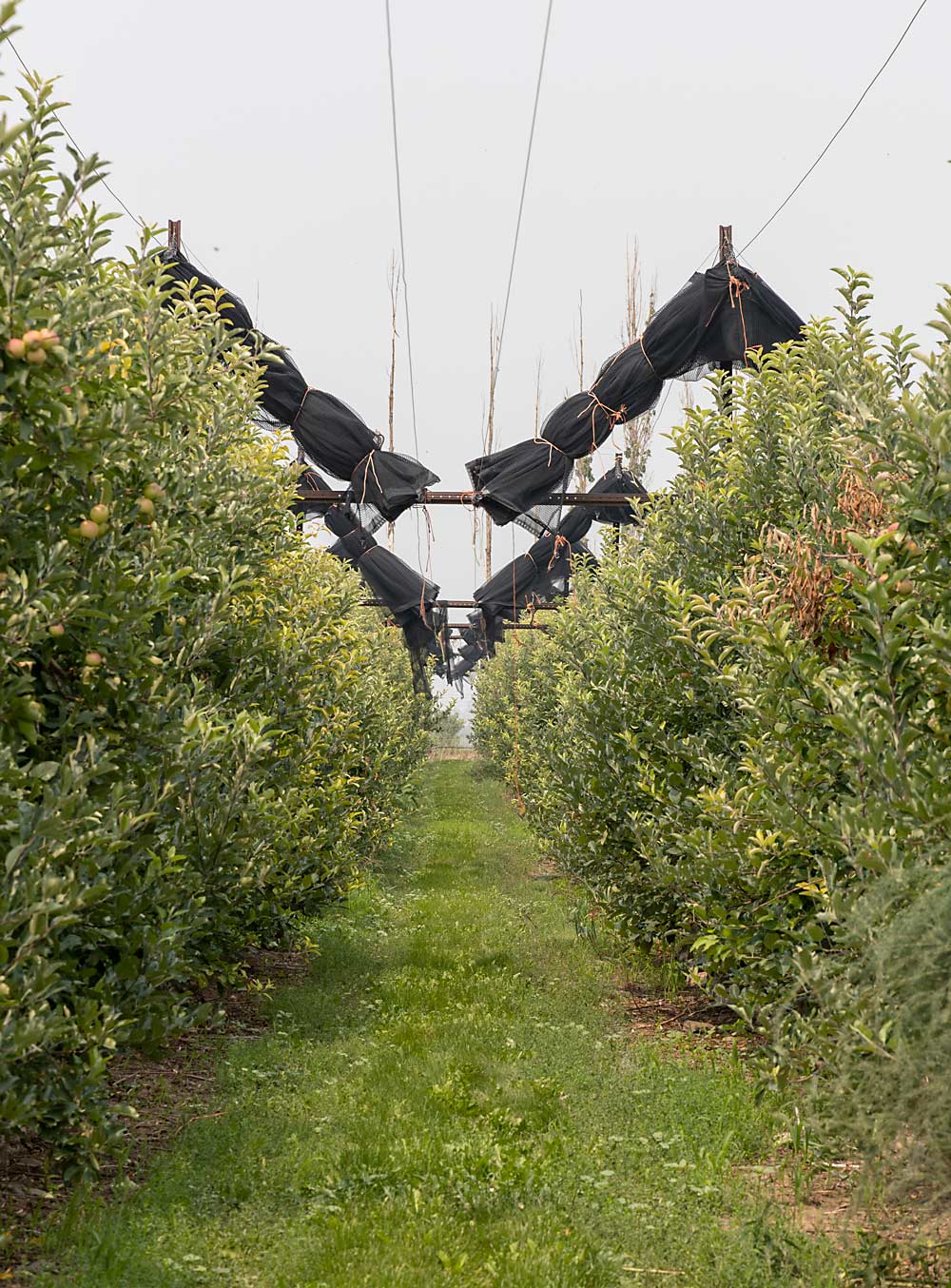
Hail netting remains a staple on all the Williams’ apple plantings, as hail and frost are the leading challenges to growing where they do, Ty said, although rising land prices and water shortages loom.
Now, it’s another moment of change. Ty and Kari’s children are assuming roles in different aspects of the businesses, and the massive replanting effort will shift the family’s focus.
“We are reorganizing around what we do best,” said Connie Williams. “As independent growers, we can change on a dime. That’s our advantage.”
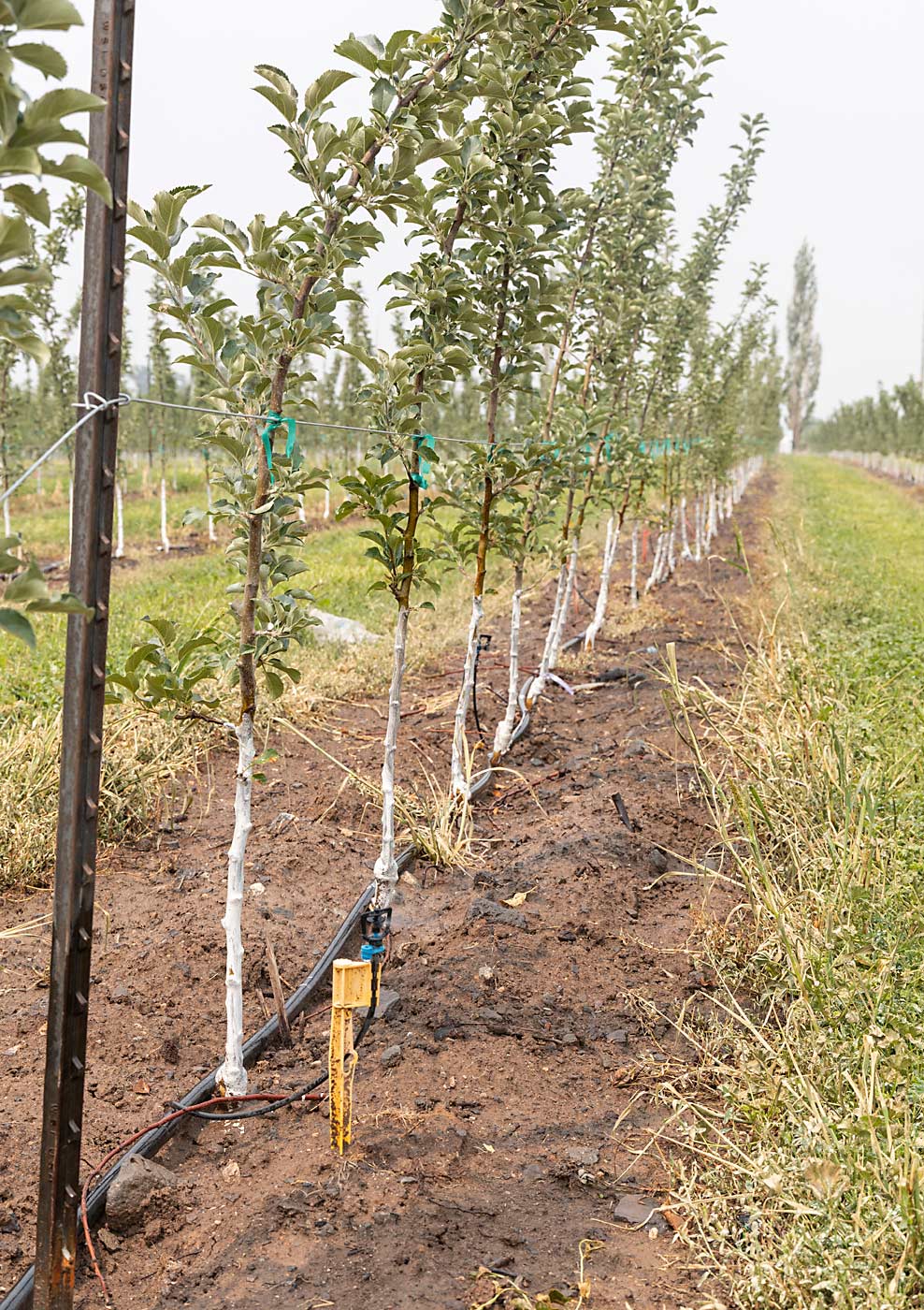
Ty planted super spindle systems of Ambrosia, EverCrisp and Honeycrisp to get the new orchards into production as soon as possible.
“There’s a whole list of apples I would like to grow, but I couldn’t sell them for what I need to grow them,” said Ty, who also markets the Williams Orchards fruit in the wholesale market.
The cider apples are also in high demand from Colorado’s growing craft cider industry, Kari said. She sells juice to them, too.
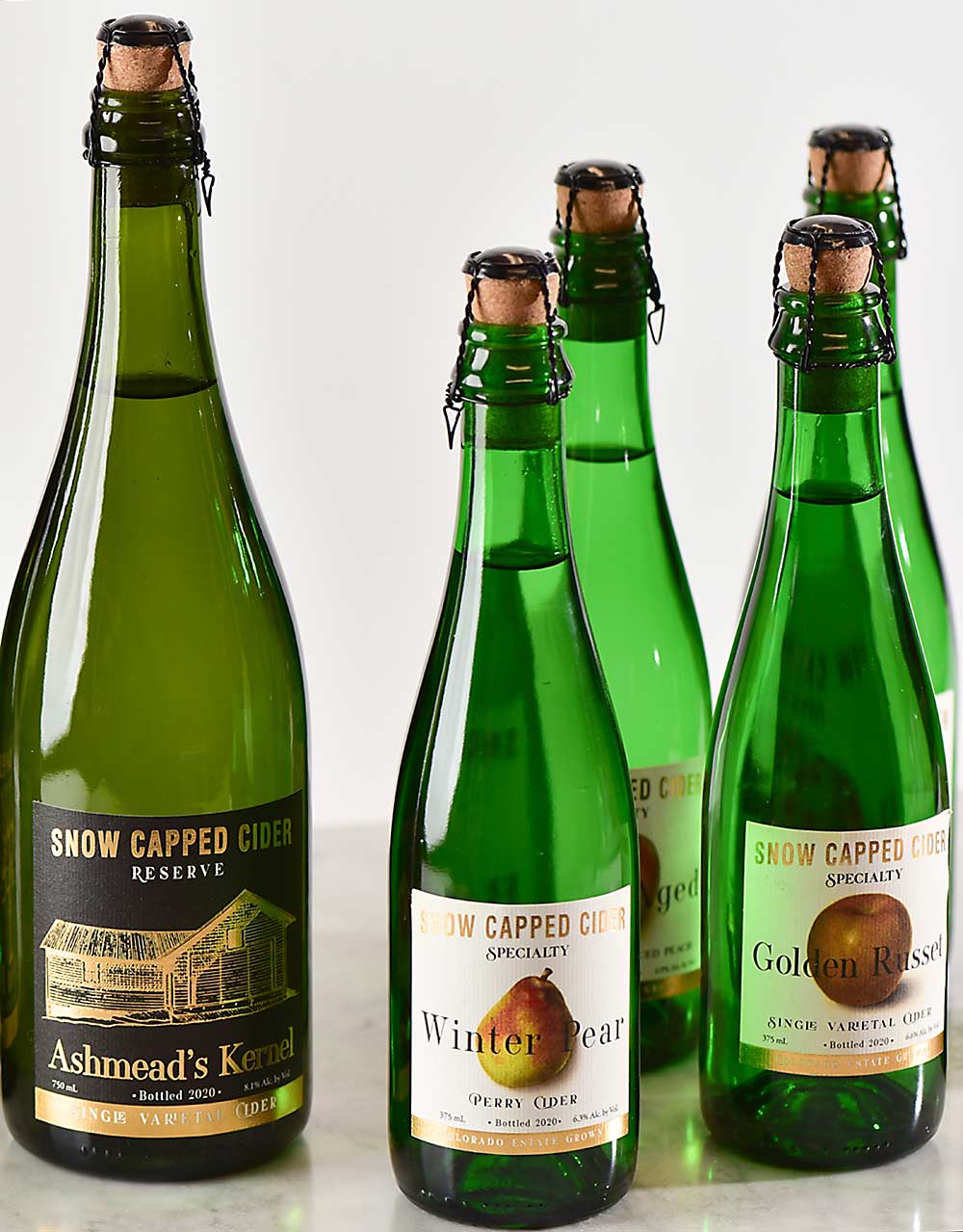
“I want to put Colorado on the map with these hyperexpressive apples that thrive here,” she said. Their Snow Capped Cider has won awards in recent competitions, even in traditional categories against European cidermakers, which is helping that effort. “I just know I need a lot more cider apples to take over the world.”
by Kate Prengaman

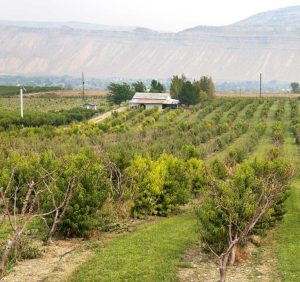





Leave A Comment